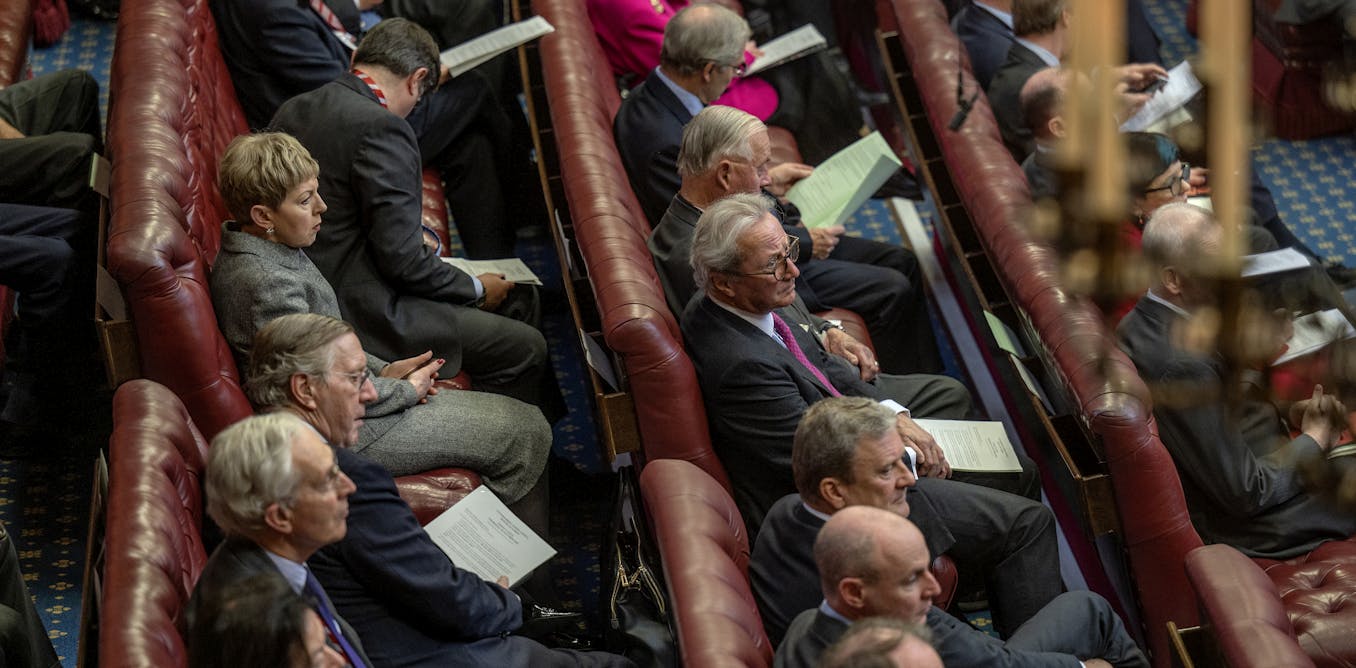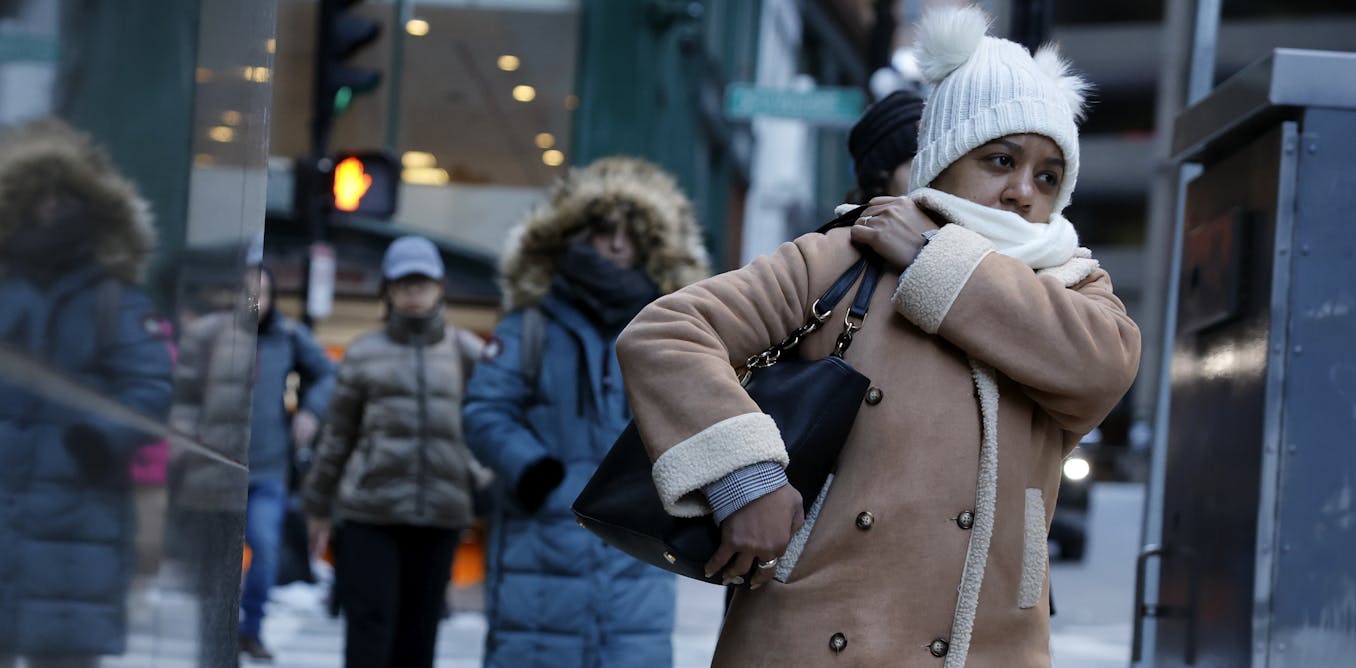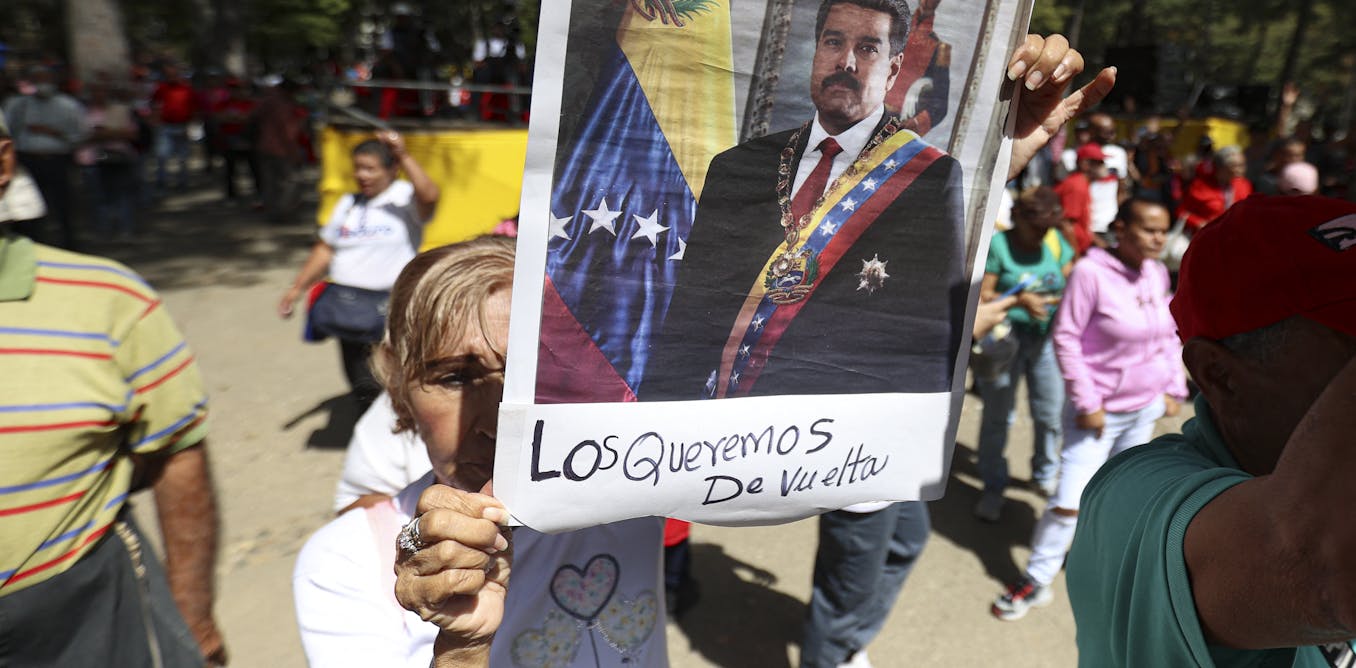The same day that President Joe Biden signed a new federal law designed to ban the popular social media platform TikTok from use in the United States, TikToK CEO Shou Zi Chew took to the platform with words of defiance. “Rest assured, we aren’t going anywhere,” he declared. “The facts and the Constitution are on our side.” It was a clear signal that TikTok and its allies would not be going down without a legal fight.
The dimensions of that fight are now coming into focus. On May 7, TikTok and its Chinese parent company, ByteDance, filed suit against the Biden administration in the U.S. District Court for the District of Columbia, arguing that the new law violates multiple constitutional provisions, including the First Amendment’s guarantee of freedom of speech. “TikTok Inc. uses the TikTok platform to create and share its own content about issues and current events, including, for example, its support for small businesses, Earth Day, and literacy and education,” the lawsuit states. “When TikTok Inc. does so, it is engaging in core speech protected by the First Amendment.”
One week later, on May 14, a group of TikTok creators filed a separate lawsuit of their own in that same court, further detailing how the new federal law would violate their respective free speech rights. According to this suit, those creators “have found their voices, amassed significant audiences, made new friends, and encountered new and different ways of thinking—all because of TikTok’s novel way of hosting, curating, and disseminating speech. The Act’s ban of TikTok threatens to deprive them, and the rest of the country, of this distinctive means of expression and communication.”
Under the terms of the “Protecting Americans From Foreign Adversary Controlled Applications Act,” ByteDance has 270 days to sell TikTok to a new owner or else the platform will be banned in the United States. But according to ByteDance, TikTok’s “severance from the globally integrated platform of which it is an integral part is not commercially, technologically, or legally feasible.” Which means that if the law does survive legal challenge, TikTok will be forced to shutter in the US.
According to the Biden administration, such drastic measures are necessitated by urgent national security concerns. “This is about PRC ownership,” said White House Press Secretary Karine Jean-Pierre, referring to the People’s Republic of China. President Biden “wants to protect Americans from a country, in this instance, that potentially wants to do us harm.”
Concerns about China harming Americans via TikTok is one of the rare issues that currently enjoys bipartisan support on Capitol Hill. “We are united,” declared a joint statement issued by Democratic Senator Mark Warner of Virginia and Republican Senator Marco Rubio of Florida, “in our concern about the national security threat posed by TikTok—a platform with enormous power to influence and divide Americans whose parent company remains legally required to do the bidding of the Chinese Communist Party.”
TikTok and ByteDance vigorously dispute that characterization in their recent legal filing. “The Act does not articulate any threat posed by TikTok nor explain why TikTok should be excluded from evaluation under the standards Congress concurrently imposed on every other platform,” they argue. “Even the statements by individual Members of Congress and a congressional committee report merely indicate concern about the hypothetical possibility that TikTok could be misused in the future, without citing specific evidence, even though the platform has operated prominently in the United States since it was first launched in 2017. Those speculative concerns fall far short of what is required when First Amendment rights are at stake.”
When core First Amendment rights are at stake, the federal courts typically subject the law at issue to a two-pronged standard of judicial review known as strict scrutiny. As the Supreme Court described it in Federal Election Commission v. Wisconsin Right to Life (2007), this standard requires the government to establish that its regulation “furthers a compelling governmental interest and is narrowly tailored to achieve that interest.” To pass constitutional muster, in other words, the law must satisfy both the “compelling interest” and the “narrowly tailored” prongs of the test.
The federal courts have long recognized national security as a compelling governmental interest. But is the forced-sale-or-ban of TikTok “narrowly tailored to achieve that interest”? Or is there a less restrictive option available to the government to achieve its stated objectives? Those may be the key legal questions as these cases move forward in federal court.
TikTok has already prevailed in a similar First Amendment case. After the state of Montana banned the platform within its territorial jurisdiction in 2023, TikTok won before the U.S. District Court for the District of Montana, which blocked the state ban from going into effect because “it limits constitutionally protected First Amendment speech.”
Time will tell if the federal district court in D.C. views the national TikTok ban in the same unforgiving legal light.
This article How the TikTok case pits national security against freedom of speech is featured on Big Think.

The post “How the TikTok case pits national security against freedom of speech” by Damon Root was published on 06/23/2024 by bigthink.com
































